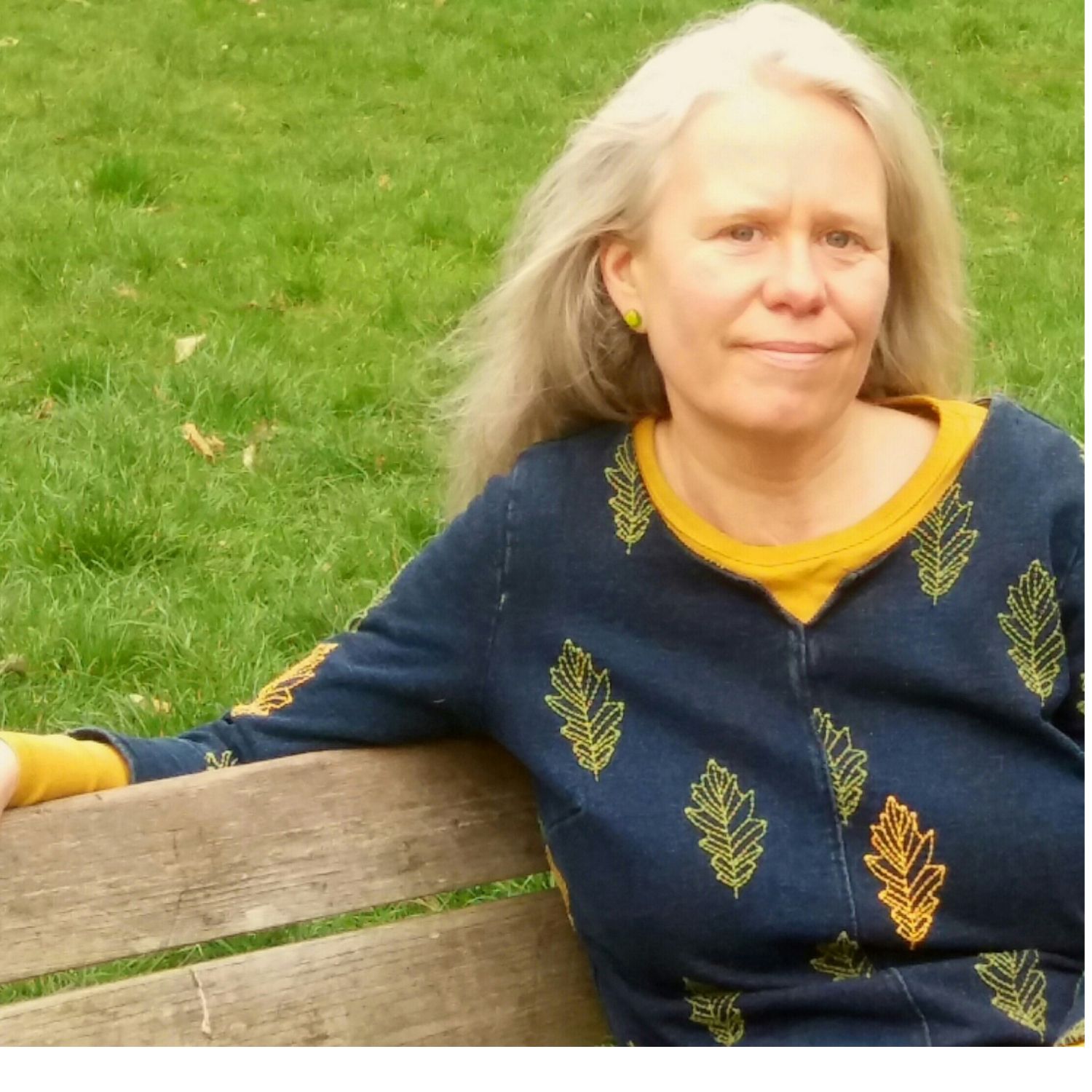When my friend died, she taught me a timely lesson about living, which changed my life.
When my friend was dying, I lost my voice. I was left speechless with grief. Not literally, but I might as well have been.
Speechless with grief is common, not easy, but necessary to cope and to make sense when loss is happening. And then speech will re-emerge, the same, yet different.
When my friend found out that her breast cancer had returned, it was terminal. She had only few weeks left to live.
The world became a smaller place. It had to, because there was too much going on.
When grief is happening, we can only cope with so much.
And I notice that my language changed. There was less of it, less talking with others and with myself and longer periods of silence in the room and in my brain.
The suddenness and shock of the impending good-bye and the brutal reminder (as if I needed it) of my own treatment for breast cancer and mortality left me speechless with grief.
Yet language mattered –
It needed to be precise when dealing with medics and nursing staff, to ensure our friend’s care was in line with her rapidly changing circumstances and in line with her wishes.
Our friend had prioritised the company of her friends and family over all else. She had prioritised language, speech and mental presence. That was the quality of life and quality of dying she wanted. And it was so different to what I had experienced at some other point, when the person dying did not want to talk.
She wanted to hear us talk – with each other and with her. She wanted to remain part of a group and a community.
Poetry read by her bedside moved our friend, when her limbs had gone into paralysis. Her mind and heart, not to speak of her steely determination and loving humanity, they all remained in tact, albeit getting weaker by the day.
She kept it going, her identity, her values, her points of view – a woman with attitude. She was not speechless with grief.
The physical touch mattered, too –
My friend could no longer touch. But she could feel the touch she received when her legs and arms were massaged, her cracked lips soothed with balm, the spoon lifted up to her mouth feeding her, the kisses she craved and our tears which she understood, but I think struggled with it and probably did not like.
The knowing silence, when words failed, that was language, too.
The world became small, because our emotional and physical energy drained rapidly.
Then we cannot keep going as if nothing was happening. We need to slow down, reprioritise, delegate and simply stop doing some things altogether.
Left speechless with grief, I stopped talking – the unnecessary small stuff, and some of the big stuff too. I stopped writing, because I could no longer feel the words flowing from the feelings I felt.
There was no flow. It all became lumpy, hard and frozen.
Our friend remained fully involved in all care and treatment decisions. A lot of time was spent too deciding and organising what she wanted to happen after her death – with her body, her possessions, her own art and writing – her legacy.
It all happened with little drama. It was precise, calm and peaceful – unbelievable, really.
We took it in turns to sleep on a mattress in her room. When it was my turn the oxygen machine and the smell of the care home blankets kept me awake and started to wear me down. How could our friend cope with it all, without being able to move?
It might sound callous, but life and feelings became very raw and simple.
That night she instructed me to keep one window and curtain open. She loved the dawn chorus and we could hear it being near to the trees and the river.
We had remarked on the woodpecker in the neighbourhood and hoped to hear him in the morning.
I did not sleep much, and when I needed to get up at 3am our friend’s eyes were open. It felt like she had been watching me, even though she could not move her head in my direction.
It felt she had been watching over me, when I was there to watch over her.
We heard the woodpecker, and then one week before her death our friend explained to me how woodpeckers drum with their beak. She knew all the detail, all the technical stuff, which I cannot even remember now. There I was, getting a kind of biology lesson at 3am from a friend who was dying.
So surreal, so real.
Then she asked for some morphine and slept until the morning.
Gradually our friend lost her voice, literally. Her lungs could only cope with very little. Yet, our friend remained in charge. Even on high morphine with her life force ebbing away, she would momentarily open her eyes and be very present. Her eyes would do the talking and the smiling.
Even then, she was not speechless with grief.
After her death, I remained without a voice for several months. I was speech-less in a way that most others were not able to tell.
When I hear a woodpecker, we talk, my friend and I.
Gradually my voice returned, very slowly. And the first piece I wrote, after all those months, was this one here. It had to be about her; and sharing those last weeks with her, her family and wide circle of friends.
I know she does not mind me writing all this. She was supportive of my need for self expression and had dedicated her herself in so many ways to creativity and the good of humanity.
I know she wants me and us all to regain our voice and carry on telling the truth and do the best we can while we can.
In those few weeks our friend taught me an invaluable lesson about living and dying. I need to be speechless in grief to digest her lesson, to take it to heart and make whatever changes I feel necessary.
Being speechless with grief is a state as well as a process.
We need to put one foot before the other, gently, and hold on tight, because life will never be the same again.
(If you are affected by death, grief and bereavement, then here is a guide of what to expect and what to do.)
Karin Sieger is a therapist and writer. She lives on an orange-coloured houseboat in London, UK, where she started writing during her treatment for breast cancer. Karin’s writing is jargon-free, non-preaching, personal and from the heart. She is particularly interested in transitions, making peace, living with endings, coping with the emotional impact of cancer and other life-changing illnesses. To find out more visit KarinSieger.com. To receive Karin’s newsletter please sign up here
Originally published at karinsieger.com


